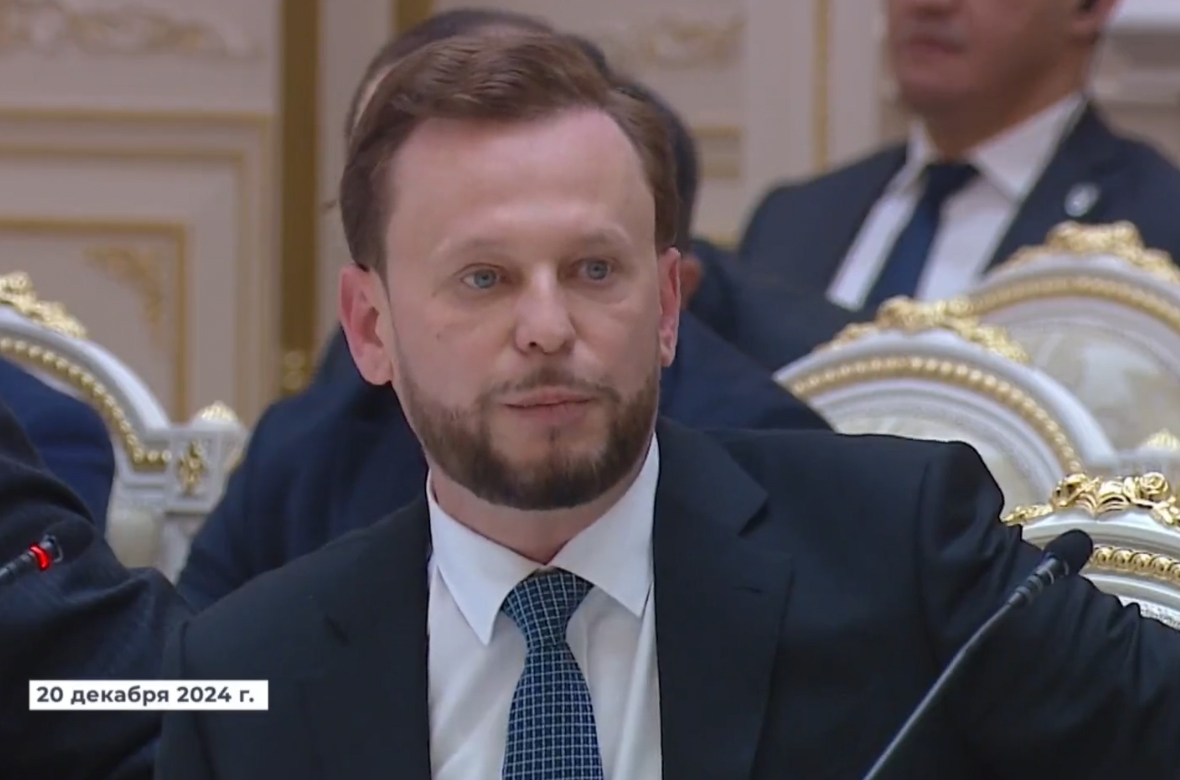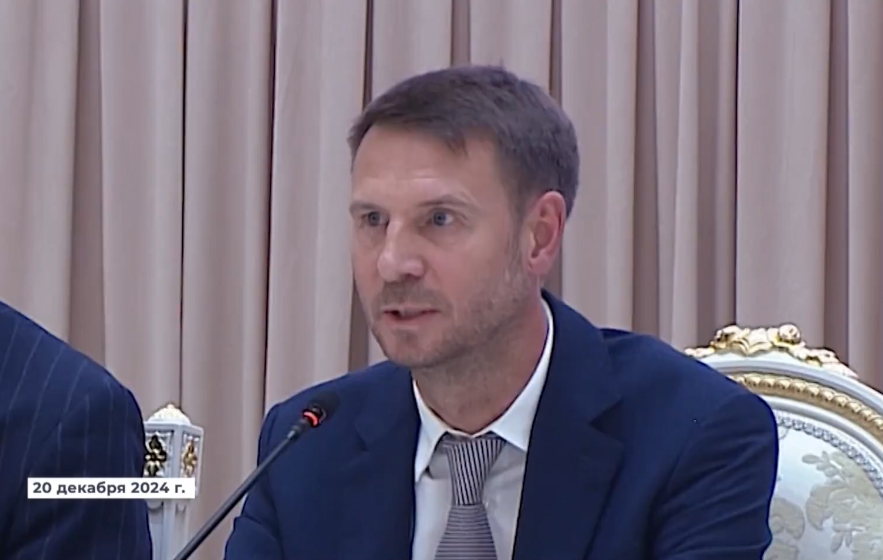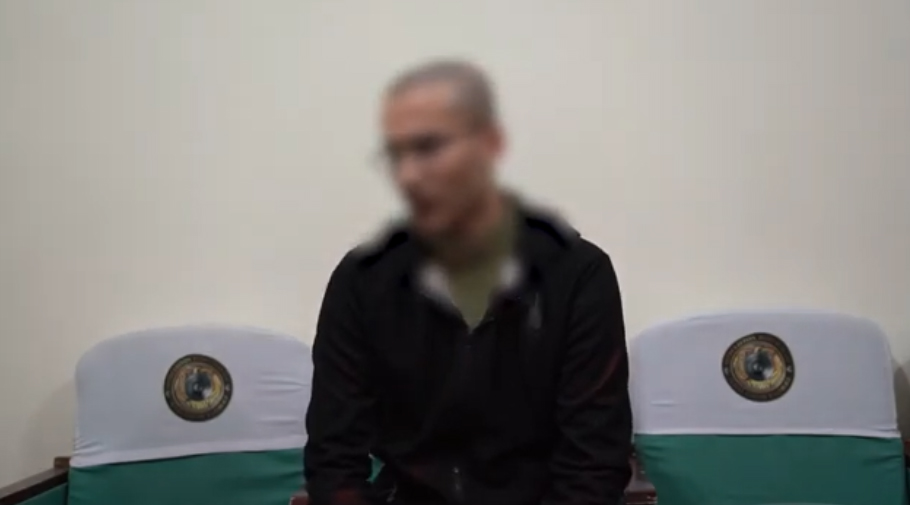This article is also available in:
Русский (Russian)
Uzbek
In recent years, Tashkent has been undergoing an active phase of transformation. The city is changing before our eyes: high-rise buildings are appearing everywhere, connected to outdated utilities, strange interchanges are being built that only worsen traffic conditions, and inexplicable decisions are being made regarding multi-billion-dollar construction of overhead pedestrian crossings. Behind this construction boom lies a troubling trend—the city’s authorities have stopped listening to the residents, who are increasingly asking the question: why are decisions that shape the city and its infrastructure being made without their participation? Why are citizens’ opinions being ignored, and why are these transformations being carried out behind closed doors, without transparency or openness?
Where is the voice of the people?
Tashkent is a city with a rich history and unique culture, but with each new project, it seems to be drifting further from its roots. Instead of developing the city with respect to its characteristics and the needs of its residents, the authorities are focusing on large-scale construction projects, often detached from reality.
Residents are witnessing how, under the guise of “development,” green spaces are being destroyed and replaced with endless concrete structures. Overhead crossings that are not designed for pedestrian convenience, as well as spot development, which only exacerbates problems with electricity and other utilities—this all causes bewilderment and justified anger among people. It creates the impression that those making these decisions have never walked the streets of our city.
The city risks losing its identity
Soon, Tashkent may turn into a concrete box, devoid of soul and comfort. Do the officials not realize that if they don’t take residents’ opinions into account, the city could become uncomfortable for living? Concrete jungles, where every corner is soaked in indifference and lack of attention to detail, cannot provide a high quality of life for its inhabitants. Buildings and roads should not be built for their own sake—they should serve the people, their needs, and interests.
The question arises more and more frequently: why are the mayor of Tashkent and other officials hiding from journalists? Why doesn’t anyone from the authorities engage in direct dialogue with citizens, explaining why certain changes are necessary? Answers hidden behind dry press releases in the official Telegram channel of the administration cannot satisfy people’s need for clarity and understanding.
Dialogue with citizens—A necessity, not an option
Dialogue with the population should become the foundation of all urban transformations. Only this way can we understand what people truly need and make Tashkent a city that is comfortable for everyone. Residents have the right to know what is happening with their city and why. They must be confident that their opinions matter, that they are heard and respected.
Otherwise, we risk losing not only Tashkent’s historical appearance but also the soul of the city—its residents. After all, without their involvement, any changes will be empty and lifeless, like those concrete structures now appearing in place of green alleys and cozy courtyards.
Tashkent deserves to be a city where people want to live, work, and raise their children. And for this to happen, the authorities must start listening to their people. A true city is built not from concrete and glass, but from trust and respect for the people who live in it.
The text has been translated by AI. For more accurate information, please refer to the Russian version of the article.











